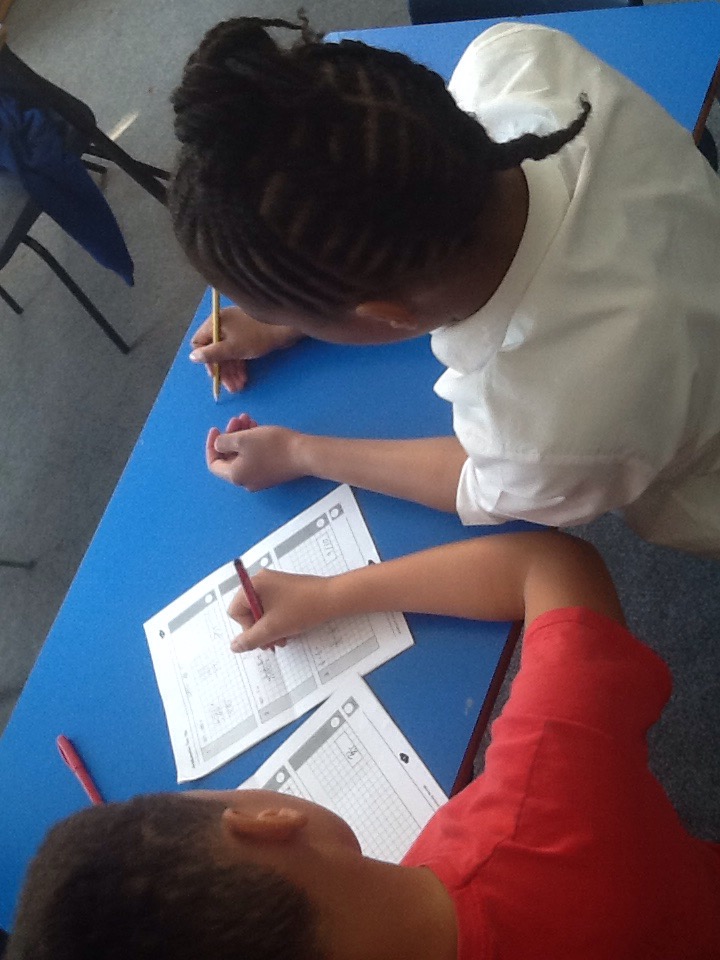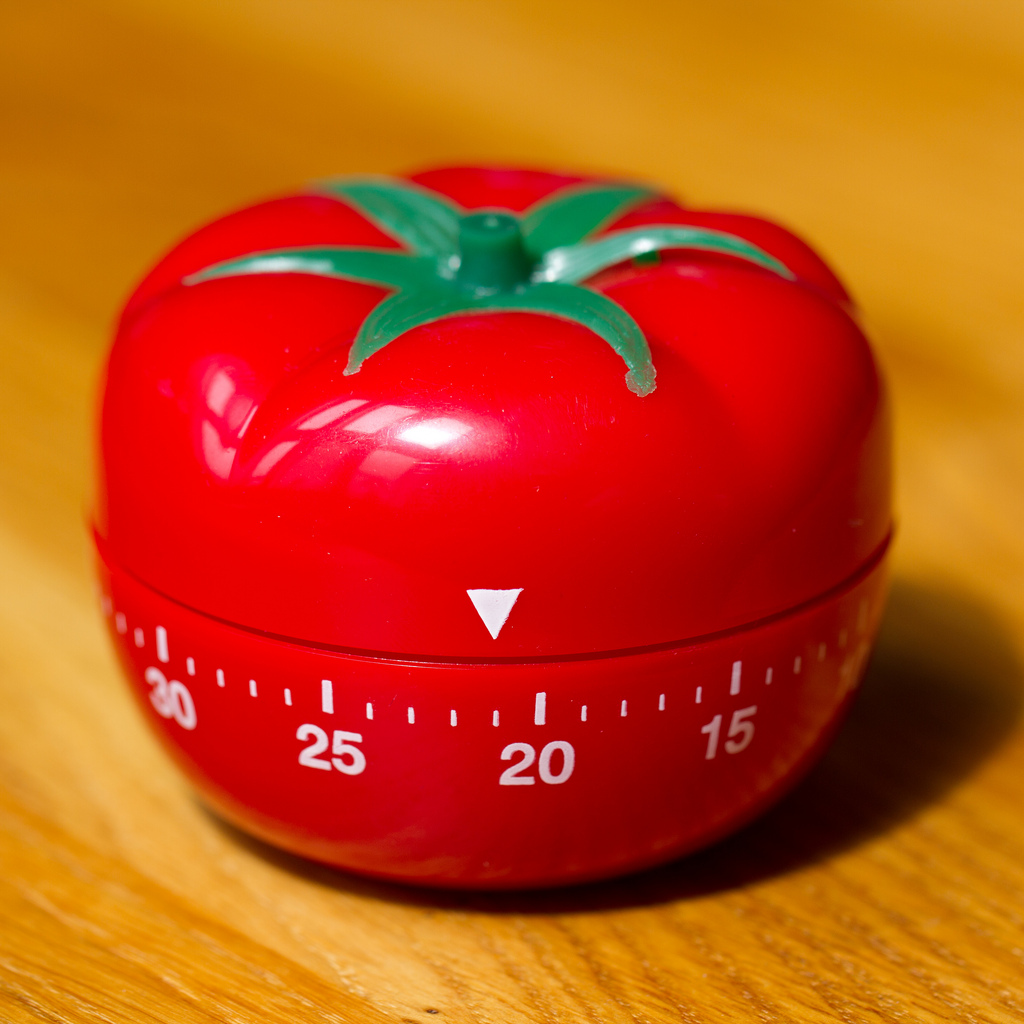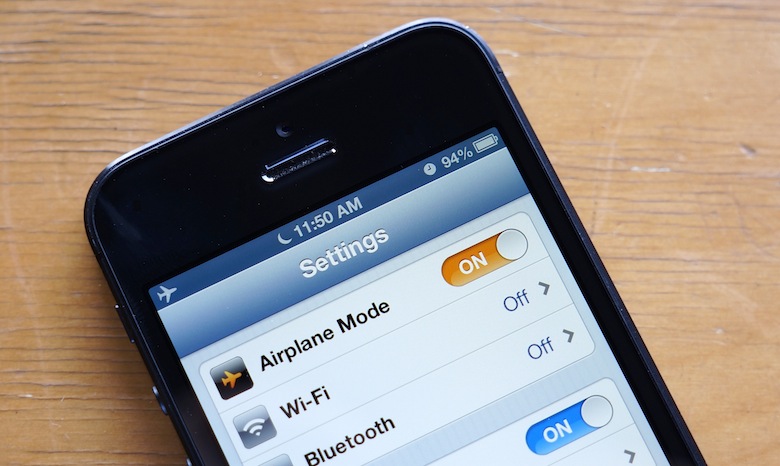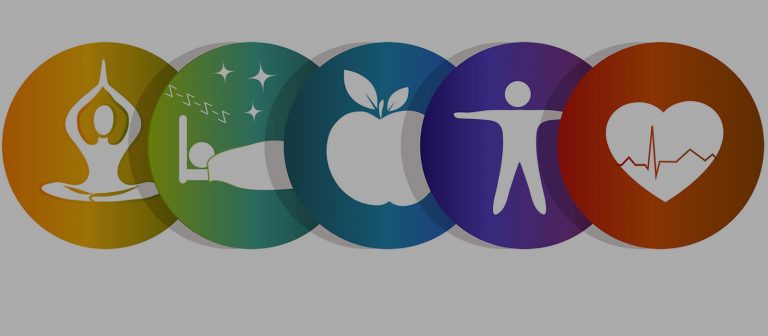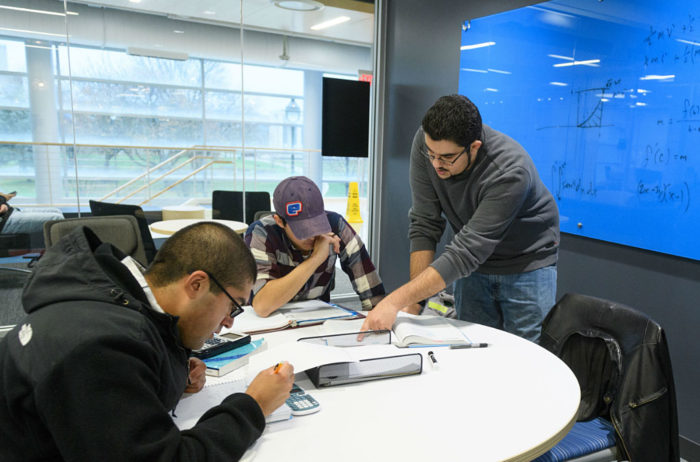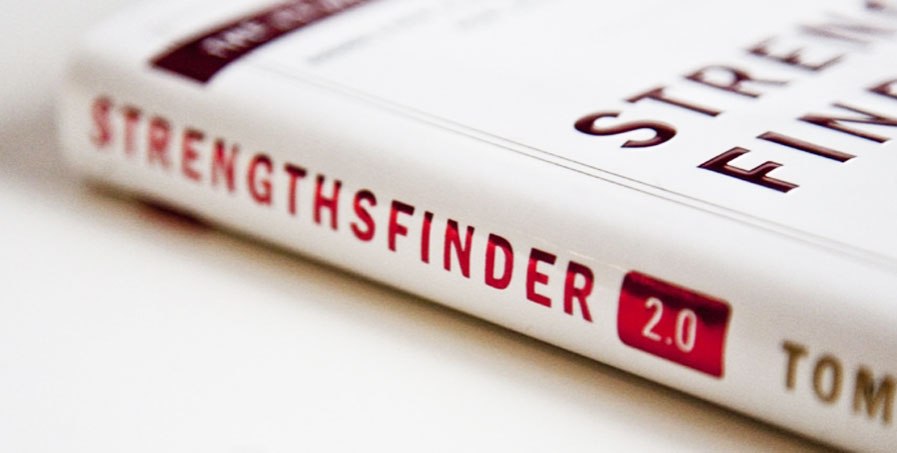Preparing for an exam? Here are 24 tips on studying in the most efficient and successful manner.
Each of the tips on this list is suggested by a Fupping contributor.

Navigate the article
#1 Review Mistakes
Getting 80% on an exam might seem pretty good. But what was in the 20% you missed? Would you want your surgeon or contractor or accountant missing 20% of something relevant to you or your kids? Make sure you review the mistakes you made and learn from them. Your career, at some point, may depend on knowing these details.
Contributors: Troy Dvorak from Psychology Rocks
#2 Flashcards
Making and using flashcards for studying can be great. They can also be a huge time vampire if you don’t know how to make and use them properly. The essence of flashcards is self-testing. Self-testing is, hands down, the most effective studying strategy.
Contributors: Troy Dvorak from Psychology Rocks
#3 Tune In
To stay in tune with what you need to study for an exam, make a list of key terms, concepts, and theories etc. after each class. If you do this every day, you will realize just how much there is to learn. This is a great way to prevent cramming as well.
Contributors: Troy Dvorak from Psychology Rocks
#4 Get Feedback
As you get more feedback from different teachers and profs, you will have more and more perspectives about how to complete assignments effectively. Make sure you go during office hours. When you ask teachers for feedback, ask them for specific ideas and advice. This is a great habit to get into...you never know when an instructor might be a scholarship or job reference in the future.
Contributors: Troy Dvorak from Psychology Rocks
#5 Mistakes With A Purpose
When studying in a group or with a friend, have each person copy some information you have to learn and purposely make some mistakes. Exchange papers and see if you can find and correct the errors (without looking stuff up). This is an awesome way to self-test your knowledge!
Contributors: Troy Dvorak from Psychology Rocks
#6 Set Clear Goals For Homework And Studying Every Day
Goals help you organize what you need to do, provide a source of motivation, and help you evaluate your progress. Research shows that long-term goals are great motivators to get you started but short-term goals help you focus your attention and stay on task.
Contributors: Troy Dvorak from Psychology Rocks
#7 Study Right Before Bed
Sleep helps you avoid retroactive interference, which leads to better recall of the information the next day.
Contributors: Katie Davis from Park Avenue Pediatric Neuropsychology
#8 Repetition is Key
Reading before class to be prepared, taking notes during class, and re-reading notes as soon as possible after that class to start retaining and understanding the information. At that point, a student would have come across the same information 3 times!
Contributors: Mona Dixon, Teen Success Coach
#9 Break Up Studying
Break studying up into sessions before testing. Don't try to cram all at once, and especially not just the night before.
Contributors: Mona Dixon, Teen Success Coach
#10 Airplane Mode
Set yourself up for success. Turn off all distractions so that the time you have set aside to study is used to study.
Contributors: Lindy Schneider from Americas College Advisor
-
Great idea to use airplane mode even when you’re grounded. It will keep your head “out of the clouds” and keep your friends from interrupting your studying with texts.
#11 Don’t Skip
If you don't understand something don't just skip over it. Make an appointment to meet with the professor or teacher and prepare well thought out questions to ask him or her. I just don't get it, will not get a good response from the professor.
Contributors: Lindy Schneider from Americas College Advisor
#12 Health Matters
- Take Breaks - Study in hour chunks taking walking and water breaks in-between.
- Stay Hydrated - Again, during your breaks drink water. It will help you study better than coffee.
- Eat Healthy Snacks - Your brain needs fuel!
- Get Plenty of Sleep - Your brain continues to work even as you sleep. Study then get a good night's sleep so that your brain can solidify what you studied.
Contributors: Lindy Schneider from Americas College Advisor
#13 Use Memory tools!
We remember events that are tied to emotions. Make a memory tool that stands out. This means thinking of something funny, gory, or colorful that helps you to trigger the meaning of something you are learning.
Contributors: Esmeralda Archer from Studypage Tutoring
#14 Practice Self-care
Anxiety is associated with decreased learning ability, so best to make sure you keep your nerves while studying.
Contributors: Katie Davis from Park Avenue Pediatric Neuropsychology
#15 Study in the Tutoring Center
Study while in the tutoring center so if you hit a hard question or don't understand something you can raise your hand and talk to someone immediately. The tutoring center is not just for those who are behind, but it is for those who want to stay ahead!
Contributors: Mona Dixon, Teen Success Coach
#16 Make Studying Fun
Use games such as Jeopardy and Kahoot! to make studying fun in a group!
Contributors: Mona Dixon, Teen Success Coach
#17 Understand Your Strengths
Discover your talents with Clifton Strengths for Students. Just because something works for someone else, doesn’t mean it will be helpful for you. What your best friend does to study – and gets them straight A’s – may not get you the same results leaving you frustrated and feeling like maybe you’re not as smart as you thought. Once you find out your unique set of talents, you can find what will work for YOUR Strengths with the resources in the book, online, or with a Strengths coach!
Contributors: Anne Brackett from Strengths University
#18 Use Your Campus Resources
Most campuses have many free or low-cost resources to help you succeed academically. Take advantage of them! Get a tutor. Talk to your professor. Visit the Academic Support Center. Talk to a counselor. There’s no reason to struggle by yourself when there’s so many people on campus who want you to succeed. Don’t be afraid or ashamed to ask for help. There’s a reason all of those places exist – because most students need help! Even if they’re free, you’re actually paying for them with your tuition so get your money’s worth.
Contributors: Anne Brackett from Strengths University
#19 Test Yourself
The science is in. Testing is the best way to learn. That doesn’t mean the occasional test you take in class. It means you testing yourself (or work with a friend) to test yourself when you study. Sitting and starting at a book for hours won’t necessarily get you far – no matter how much you highlight! You need to test yourself as you go to see how well you’re retaining the information.
Contributors: Anne Brackett from Strengths University
#20 Create The Study Environment
Creating or discovering the right study environment is important for concentration. We want a good place to look over notes while staying focused. I have heard a lot about developing good study skills, and yet sometimes having the right place to study is overlooked. We need to pay attention to the study environment because what we like or where we think is a good place may not actually be the type of environment that is most beneficial. To begin, make sure the space is:
- Distraction-free (You need to be able to think clearly)
- Wear loose clothing (It is one of the easiest ways to make yourself comfortable). However, don’t get too comfortable! (A comfortable study environment is one that lets you work in peace)
- Pay special attention to lighting when you sit down to study. Is the light adequate now, and is it likely to stay that way?
The important thing about a good study environment is its ability to help you focus.
Contributors: Daryl L. Hawkins from DDMH Educational Strategic Solutions
#21 Use Your Time Wisely
Some of the most successful students do not study all day for hours on end. In fact, they treat it like exercise: they work out hard and have *rest* days in-between different kinds of sets. In your case, you'll want to study for at least 25-35 minutes at a time and then rest between each study set. During this rest time it's best to walk around, preferably outside and near nature, and do this for about 15 minutes. Yes, I am telling you to go back and fourth rather than to study for 5 hours straight.
Contributors: Jacob Kountz from Kern Wellness Counseling
#22 Apply The Material
Probably the most profound tip I've found useful in my studies is to apply the material you're trying to learn to your everyday life. For example, if I'm learning about the difference between stress and anxiety, subjects that are often intertwined, I would then remember two separate stories that would define each subject. I was excessively stressed as I was taking a test and I could tell because my sweat glands were going crazy (e.g., body reaction). Then, I remember a time when I had so much anxiety before walking into a job interview that my heart was palpitating out of my chest and I kept telling myself, You aren't fit for this job (e.g., worry about trying something new). These subjects are a little easier to define as one deals with the body and the other with the mind more.
Contributors: Jacob Kountz from Kern Wellness Counseling
#23 Energy Scents
A great idea for students is to add some Energy scent to their studying time! Simply plug in a diffuser, or use the Mood-stick and get an uplifting, energizing boost for exams. Even better, use the Energy Mood-stick during exams to help with recall.
Contributors: Kathryn Goetzke from The Mood Factory
#24 Explain Your Answers To Someone
The best kind of study partner is the type that wouldn’t understand the answer unless you explained it to them. If you can explain the idea to someone else you’ll crush your exam.
Contributors: Caleb Backe from Maple Holistics
-
Teaching is the best way to learn ! https://www.youtube.com/watch?v=qZtC5JP5N3o&t=43s
This post was created with our nice and easy submission form. Create your post!






